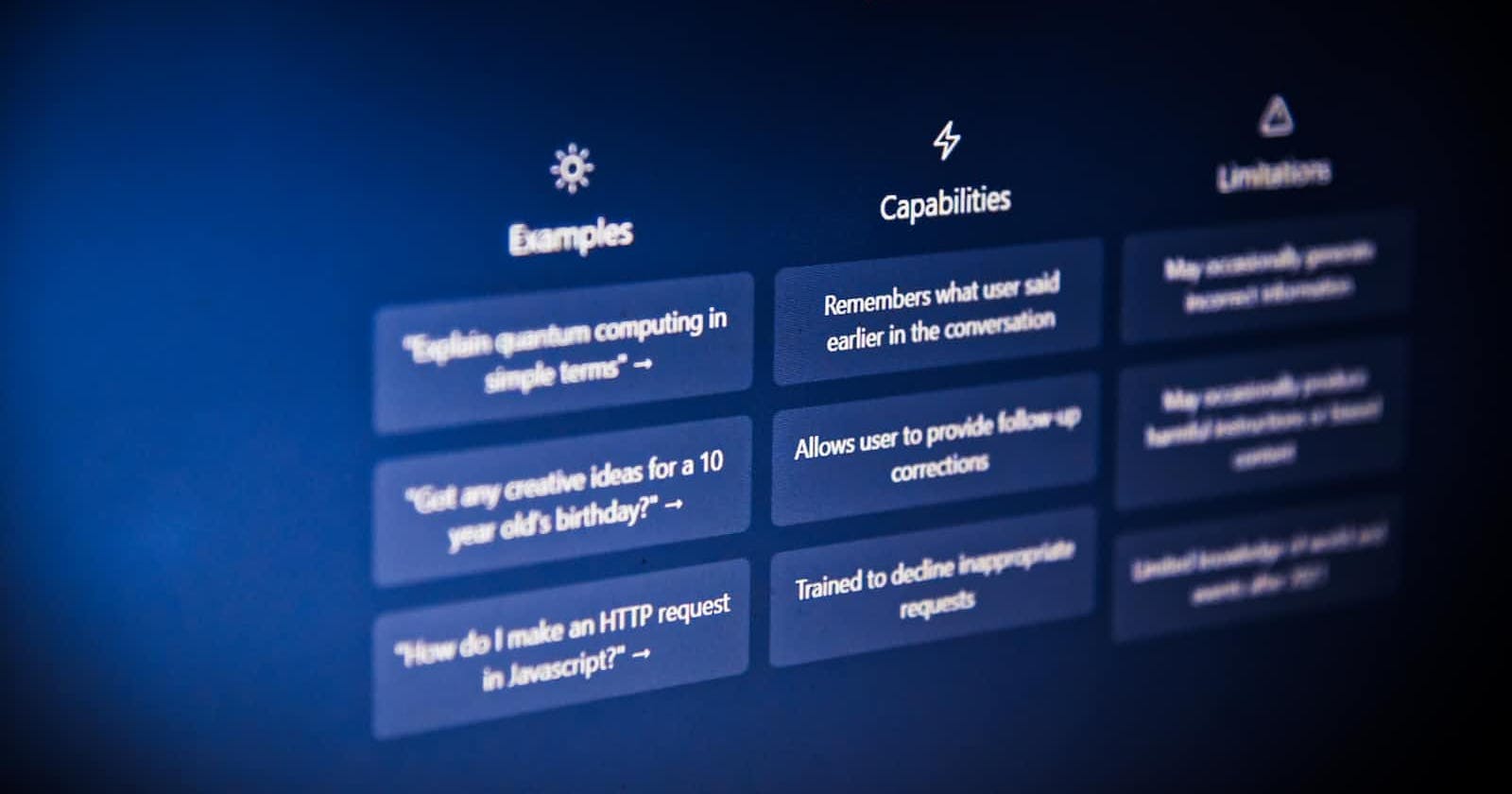
Photo by Om siva Prakash on Unsplash
ChatGPT on Writing Effectiveness
And what does it mean to critical writing education
Written by Sai Gattupalli
AI-enabled chatbots are revolutionizing every industry. Especially in the education paradigm, intelligent chatbots such as ChatGPT, NotionAI, and Caktus are being used extensively. However, in K12 and HigherEd, writing skills "can transform knowledge, advance consciousness, and build reflective, problem-solving, and critical thinking skills" (Çavdar & Doe, 2012). With the rise of intelligent chatbot culture, the science of writing in education is changing rapidly - for good and for worse.
For good:
There are many learning disabilities such as dyslexia, dyscalculia, visual motor deficit, etc. One of them is called "Writer's Block or Writing Paralysis" (Rahmat, 2020). Writer's Block is widely talked about but little understood in educational research. Essentially, it is the inability to get started with a writing project, and, specifically, to set words down on paper (Doctor et al., 2010). Although there is speculation that this disability has nothing to do with writing but rather is connected to factors that distract writers, intelligent chatbots such as ChatGPT are "scaffolding" learners in ways that help them accomplish their writing goals. In other words, writers may find ChatGPT useful in overcoming writer's block.
As ChatGPT is a NoCode and NoCost platform, it can be thought of as an equitable learning tool - in ways that are affordable and accessible to all. I do not want to get into the topic of accessibility in detail here as I am only referring to users who own digital devices in this context. Of course, people that do not have access to digital devices may not be able to utilize chatbots in their writing activities, unless someone comes up with an SMS-based version of ChatGPT.
I personally use ChatGPT to help me guide and direct discussion in my writing activities. However, I source from it ethically as I see the platform more as a note-taking system, than an expert on the subject matter.
For bad:
Once in a while comes a tool that takes on every industry by storm. ChatGPT is one of them. While some say educators should embrace ChatGPT, many educational institutions have set up policies banning usage of the intelligent chatbot. I believe relying on AI writing tools is a disaster for education in general, as it takes away the freedom of creative writing from learners. Especially as these chatbots are free to use, meaning they cater to learners from all economic backgrounds, more and more learners are using chatbots in their learning activities. It is another way of saying that we are giving away our freedom of mind, thought and creativity to data mining software, in ways that unintentionally encourage learners to avoid learning new things, and is straight-up against literacy initiatives of national interests.
Right now, people are more focused on getting their things done using intelligent chatbots, but according to Techno-solutionism, we are yet to see the true long-term consequences of this intelligent technology on real human creativity. In the short term, we will continue to rely on intelligent chatbots to accomplish our daily tasks, write letters, and make imagery - as it makes us more productive and efficient. However, when I think of how this might play in long-term educational outcomes, I foresee significantly lower creativity among users, especially writers, that use intelligent technology more often.
References
Çavdar, G., & Doe, S. (2012). Learning through writing: Teaching critical thinking skills in writing assignments. PS: Political Science & Politics, 45(2), 298-306.
Doctor, R. M., Kahn, A. P., & Adamec, C. A. (2010). The encyclopedia of phobias, fears, and anxieties. Infobase Publishing.
Rahmat, N. H. (2020). Writers’ block for writers: How far is it true?. Global Journal of Social Sciences Studies, 6(1), 51-63.

